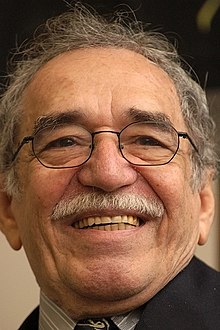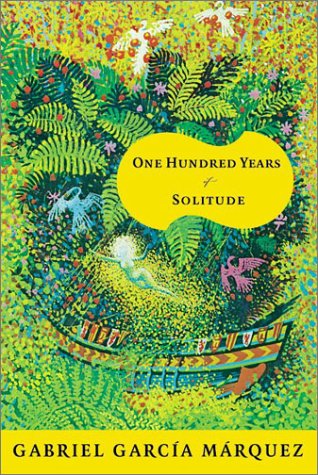I'm currently in Israel, but I can't discuss this adventure until I talk about my trip to Honduras:
In March, I traveled to Honduras. That was months ago, I know. Still, I'm going to give it a blog post.
In March, I traveled to Honduras. That was months ago, I know. Still, I'm going to give it a blog post.
I went to Honduras with Public Health Brigades, a branch of Global Brigades. We were stationed in El Ojochal, a rural village in the coastal Valle region, which is wedged between El Salvador and Nicaragua.
I expected heat. Mugginess. I'd been taking malaria medicine, and I'd stocked up on unscented soap so as not to attract swarms of mosquitos that could potentially carry malaria or dengue fever. I expected dirt. Grime. To be escorted through the airport by armed guards. (Tegucigalpa has one of the highest homicide rates in the world).
I wasn't prepared for this:
This is the interior of one of the homes we were working on. It was a two room hut with dirt floors and large gaps in the walls, which allowed the chickens to enter and exit as they pleased. The first picture shows a stove in the corner of the kitchen. As part of our project, we built a brick stove with a chimney to help prevent respiratory problems. It also requires less wood. The second photo shows the sleeping area. This family slept in hammocks, as did most families in El Ojochal.
Here we see the exterior of a typical home (at least, typical for the area in which we were working). These photos are from Amapala.
I knew that Honduras was not a wealthy country by any means. Still, I was struck by the abject poverty I saw all around me. Everywhere I looked, I saw a decrepit hut, a malnourished child, a pile of trash littering the landscape. It was bad.
At the same time, I was struck by the way life goes on. I met some amazing people who were eager to share their culture with me. We bonded over traditional Honduran folk music, food, and breathtaking vistas.
At the same time, I was struck by the way life goes on. I met some amazing people who were eager to share their culture with me. We bonded over traditional Honduran folk music, food, and breathtaking vistas.
It's important to visit places like Honduras, which serve as reminders that there are severe problems in the world. However, too often these places are seen for their problems alone. Yes, the people I met wanted me to take and share photos so that others could see their harsh realities, but when we talked, they wanted to tell me about the beauty of their country. It's important to remember that, too.








